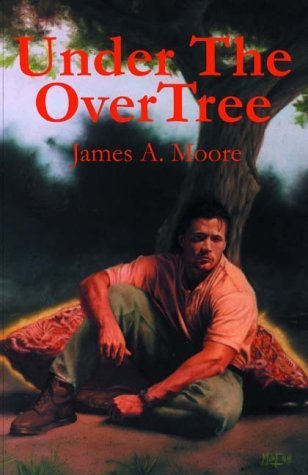I don’t really have mistakes to report on my first book, Priestess of the Nile, although I’m sure
when I eventually get the rights back, I’ll revise it with all the many things
I’ve learned since writing the story in 2011. Seven years of writing more books
and interacting with great editors and getting better at craft issues have to
make a difference.
But overall, I remain pretty happy with the story and with it being my first published title. I will forevermore be in love with that cover - thank you, Carina Press and Frauke of Croco Designs!
Where I do think I went a bit wrong was with the second book
in that Gods of Egypt series, Warrior of
the Nile. I do a TON of research, all the time, into various aspects of
ancient Egypt, but for this book, I veered off the track in the hero’s
backstory in my opinion. I made him the last survivor of a mountain tribe that
had its own gods and myths (conveniently created by me to fit my story),
although since he was adopted by Pharaoh’s family at a young age, he also
subscribed to the Egyptian beliefs. Indeed, the entire book revolves around a
demand made by the goddess Nephthys and her personal involvement in the quest.
In fact, however, much of how the book’s plot is resolved
ties back to this personal belief system the hero Khenet retains. There’s a key
scene in a ruined temple belonging to an ancient goddess predating Egypt, again
all from my own inventive brain. There’s another pivotal moment where Khenet
receives a bit of help from his tribe’s god, fulfilling a prophecy. And then
there are these jewels….
Now if I’d been writing fantasy, nothing wrong with creating
and injecting all kinds of cool new mythos and lore and etc.
 |
| Sobek - photo is Author's Own |
But I really try to tell these stories from the standpoint
that the gods exist and interact in the daily life circa 1550 BCE the way the
ancient Egyptians believed they did, and very much wanted them to do. I feel
the success of the later books in the series revolves around that key aspect.
Not in taking giant departures and left turns from the overall Egyptian
culture. (Liberties and conscious anachronisms, yes. Wholesale invention of new
stuff – no.) So to me, book two rings
bit false now, like a brass bell in a lineup of silver ones. Not the same tone.
I haven’t repeated that ‘mistake’. I find a way to make my plots happen much
more concisely within the ancient Egyptian framework. They had such a complex civilization and belief system to match.
Don't get me wrong - I like the book and my hero, I love some of the 'Egyptian' elements in it wildly, like Lady Tuya's visit to the goddess Isis...I just think I moved away from what's at the core of my Gods of Egypt series by injecting a fantasy side story that had no roots in anything the Egyptians believed.
I’m not writing historicals. I am writing paranormal
elements but I’ve always felt with Warrior
I went too far away from what keeps me (and my readers) grounded in the Land of
the Pharaohs as I visualize it.
(And with apologies to the very co-operative and supportive Carina Press Art Department staff at the time, the cover for Warrior - which was not done by Frauke - was just never my favorite of the series, for...reasons. Although some aspects of it are very cool!)
I've been self publishing the Gods of Egypt series since Warrior was released (up to seven books now!) but I'll always be SO grateful to Carina Press for launching my career.












